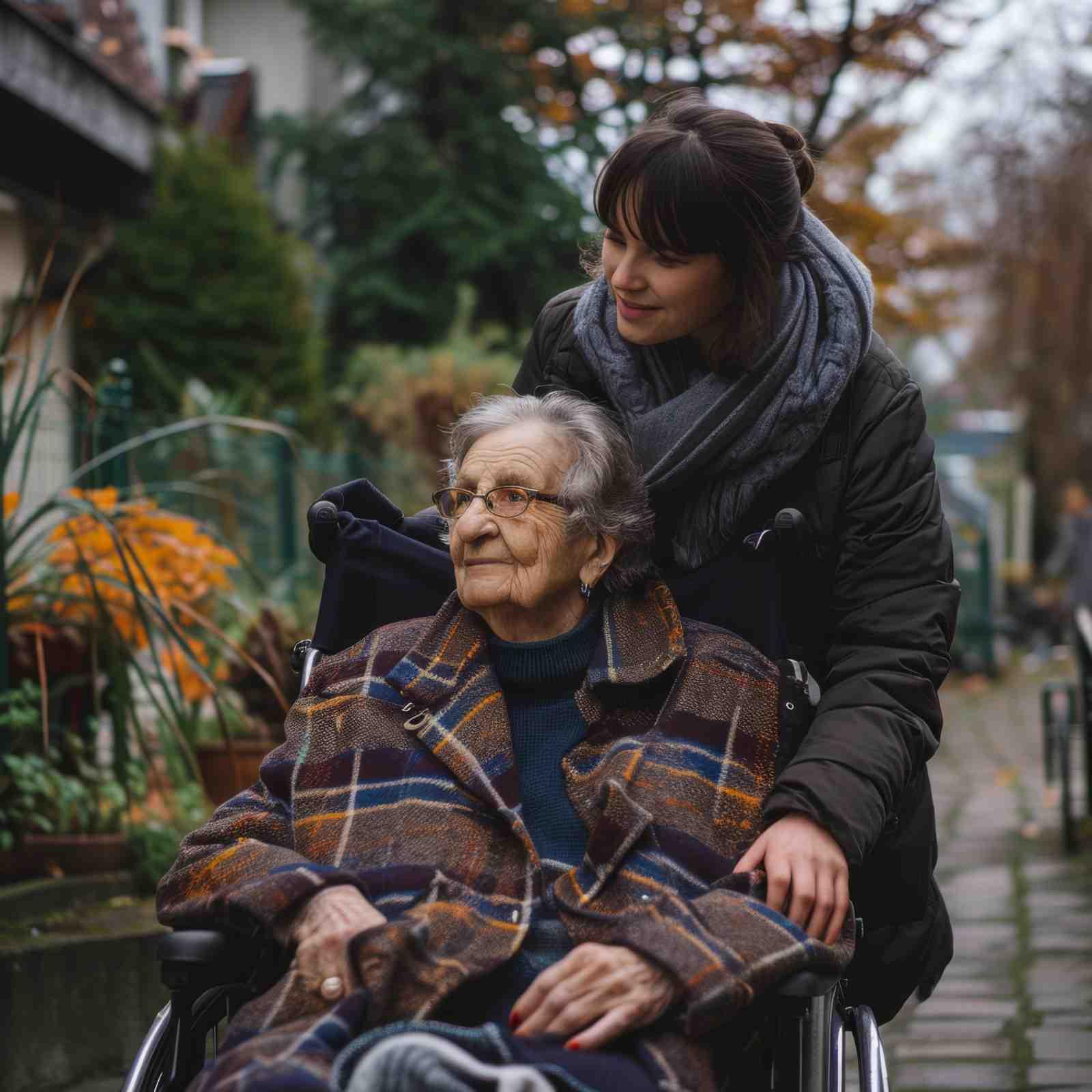Choosing the Right In Home Personal Care Services: What Families Need to Know

Finding the right in home personal care in NJ can feel overwhelming for many families. Whether you’re caring for an elderly parent, a loved one recovering from surgery, or someone with a chronic condition, the decision carries both emotional and practical weight. The right care provider can make the difference between stress and peace of mind — not just for the person receiving care, but for the entire family.
In this guide, we’ll walk through the key factors families should consider when choosing in-home care, the types of services available, and how to ensure your loved one gets the compassionate, professional help they deserve.
Why Families Choose In Home Personal Care
The concept of in-home care is simple: professional caregivers provide support and assistance in the comfort of a client’s own home. But the benefits go far beyond convenience.
-
Familiar surroundings: For many seniors and individuals with health challenges, being at home offers emotional comfort and stability. Familiar surroundings can reduce anxiety and help maintain a sense of independence.
-
Personalized care: Unlike in larger facilities, in-home care is tailored to the individual’s needs, preferences, and daily routines.
-
Family involvement: Loved ones can stay actively involved in care without the logistical challenges of visiting a facility.
-
Enhanced safety: Trained caregivers can help reduce the risk of falls, medication errors, and other hazards that might arise without proper support.
Understanding the Different Types of In Home Personal Care
Not all in home personal care in NJ providers offer the same services. Before making a choice, it’s important to understand the different levels of care available:
1. Personal Care Assistance
These services focus on daily living tasks, such as bathing, dressing, grooming, toileting, and mobility support. This is ideal for individuals who want to maintain independence but need help with physical activities.
2. Medication Management
For loved ones who take multiple prescriptions, caregivers can help organize medications, provide reminders, and ensure they’re taken as prescribed.
3. Meal Preparation and Nutrition Support
Caregivers can prepare healthy meals tailored to dietary needs, making sure your loved one gets proper nutrition every day.
4. Light Housekeeping
Keeping the home clean and organized contributes to overall health and safety. Caregivers may handle laundry, dishes, and tidying up.
5. Transportation and Errands
Some caregivers provide transportation to medical appointments, social activities, or the grocery store — keeping loved ones engaged with their community.
6. Specialized Care
This includes support for individuals with Alzheimer’s, dementia, Parkinson’s, or other chronic conditions that require more specific expertise.
Key Factors to Consider When Choosing a Provider
Choosing the right service involves much more than checking prices or availability. Here are the most important considerations:
1. Experience and Credentials
Look for agencies whose caregivers are certified, trained, and experienced in providing the type of support your loved one needs.
2. Reputation and Reviews
Read online reviews, ask for client references, and check for any complaints filed with state agencies. A strong track record is a good sign of reliability.
3. Caregiver Compatibility
The relationship between the caregiver and your loved one is crucial. Ask about the matching process — a good provider will consider personality, communication style, and cultural preferences.
4. Flexibility of Services
Life changes, and so do care needs. Choose a provider that can adjust the care plan if your loved one’s situation changes.
5. Clear Communication
The best agencies maintain open lines of communication with families, providing updates and addressing concerns quickly.
The Role of Home Companionship
While personal care focuses on physical needs, emotional well-being is just as important. Services like home companionship in NJ can help prevent feelings of isolation and loneliness, which are common among seniors living alone. Companions can engage in conversation, share activities, and encourage participation in hobbies, which greatly enhances quality of life.
Questions to Ask Before Hiring
When interviewing potential providers of in home personal care in NJ, don’t be afraid to ask detailed questions. Some important ones include:
-
How do you screen and train caregivers?
-
Do you perform background checks?
-
How do you handle emergencies or unexpected schedule changes?
-
Will my loved one have the same caregiver each visit?
-
How do you create and update the care plan?
-
Are you licensed and insured in the state of New Jersey?
Taking time to ask these questions upfront can help you avoid costly and stressful mistakes later.
Common Misconceptions About In Home Personal Care
Even though it’s growing in popularity, there are still some misunderstandings about this type of service:
-
It’s only for the elderly – While seniors are the largest group served, in-home care is also for individuals recovering from injury or surgery, or those with chronic illnesses of any age.
-
It’s too expensive – In many cases, in-home care is more affordable than residential care facilities, especially for part-time support.
-
Families should provide care themselves – While family caregiving is valuable, it’s not always possible due to work schedules, distance, or the physical and emotional toll it takes. Professional caregivers provide trained assistance without burnout.
How to Make the Transition Smooth for Your Loved One
Change can be difficult, especially for someone used to living independently. Here’s how to make the shift to in home personal care in NJ easier:
-
Involve them in the decision – Let your loved one have a say in choosing the provider and the type of support they’ll receive.
-
Start gradually – Begin with a few hours a week and increase as comfort grows.
-
Introduce the caregiver before the first shift – This helps build familiarity and trust.
-
Focus on benefits – Highlight how the support will help maintain independence and improve safety.
Red Flags to Watch Out For
Not all agencies operate with the same level of professionalism. Be cautious if you notice:
-
Vague answers about licensing or caregiver qualifications
-
No written care plan or contract
-
High staff turnover
-
Poor communication or unreturned calls
-
Negative reviews mentioning neglect or unreliability
A little diligence at the start can save you from bigger problems later.
Balancing Care with Independence
The ultimate goal of in-home care isn’t to take over someone’s life but to support them in living it fully. The best in home personal care in NJ providers understand that their role is to assist, not to control. They focus on empowering clients to do what they can while providing help where it’s truly needed.
Why Local Matters
Working with a local provider offers several advantages:
-
Faster response times – If a caregiver calls in sick, local agencies can often send a replacement quickly.
-
Knowledge of local resources – From senior centers to nearby medical specialists, local providers know the community well.
-
Personalized attention – Smaller, local agencies may offer a more customized approach compared to larger, national chains.
Final Thoughts
Selecting the right in home personal care in NJ is a deeply personal decision that can impact your loved one’s health, happiness, and overall well-being. By understanding the types of care available, asking the right questions, and paying attention to the provider’s professionalism and compassion, you can make a choice with confidence.
Remember, good care is not just about meeting basic needs — it’s about enriching life, maintaining dignity, and providing reassurance to families.
If you take the time to evaluate your options carefully, you’ll find a service that not only meets your loved one’s needs but also brings peace of mind to the entire family.








